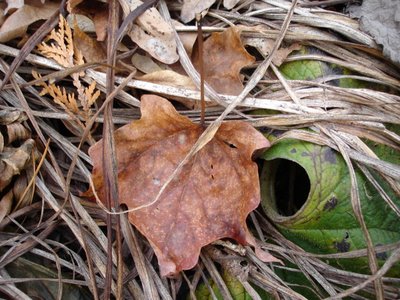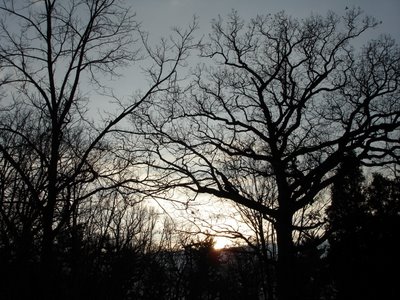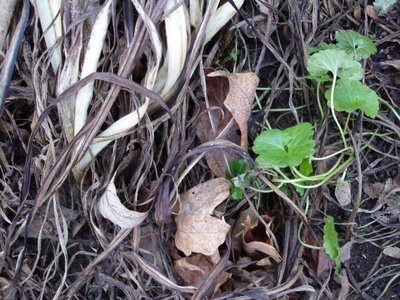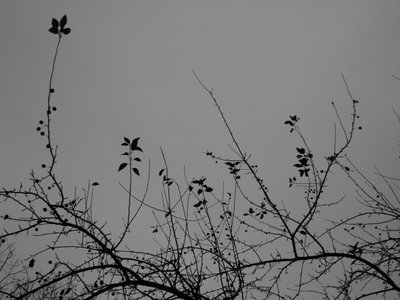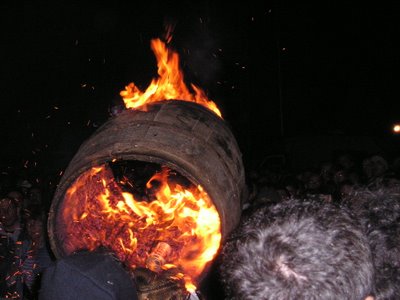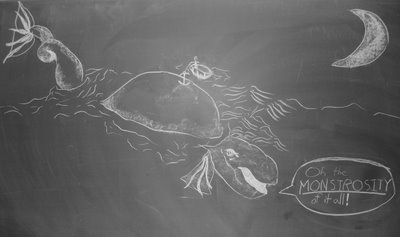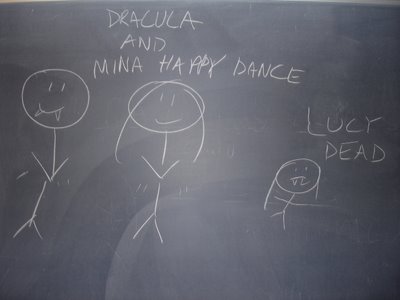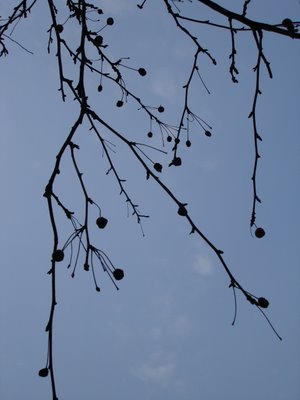
How is it that I have lived so long away from my heart? It seems rarely here, instead out, a-hover, as if moth-winged, as if combusting. As if conflagration might be willed. As if a catch could come so simply. And will the words that scatter join the words that return. In this garden, afire with all that will not count that will not ascend to the level of form to furl and cling and fall, to gather in petaled piles. I watched that branch seep and shudder and bud and burst and burst again. Then avid birds devoured its fruits and I came to know it was not mine to take. The shrivel and the dwindle are besetting now. The cold hurry. The heartsick nonstop.
Across the world vintners dance the new wine. And can I imagine crossing the world without my heart. And why my heart. Why not (say) the flat of my hand, that which would reach. Because though the hands also flex, also fumble, in their flanneled sleep they quiet. The hands have their work to do all day. They stay at their post, tolling the letters and the words, refining. When they stop, they are still here. I echo Aurora Leigh: I recognise my hands. But oh. But. What has crossed the world is my heart, without me, in the dark night and the rain. And I know this by what still unspools out of sight: that string somewhere under my left ribs, that cord of communication refusing to be snapt, bleeding me inwardly. And I know it by the absence above the spooling, by the glory cooled and ashed in that hollow, by the bloomed-off things that would fall from me if I slipped open this rattled bone cage.
Some stories we know so well we cannot believe those in them do not know. Behind one door, toothmarks appear on her neck and still all suspect pinpricks, anemia. Behind the next, he mourns her heart while she hears dismissal. But behind the last, at least for tonight, comes the thing even we do not know how to read: he sees the shadow of no parting from her.
The shadow of no parting is what my heart has either flown out to find, or has found and would fly: the no-parting warded off, the no-parting left shadowed, lone.
My heart will come reeling back, its coming the reverse route of its going; it has started making its way by the crabapples' tracing. And I will say, what did you see when you went where you were? And it will smile in the sadness of knowing what no reason can wrest. And I will still want to read the heart's one tablet, my eyes open like an eager bird. And my world will burn all over again, the way some worlds do.
Tonight's image is mine, but some of the words are not, or only halfway: nods here, in one way or another, to G.C. Waldrep, Charlotte Brontë, Charles Dickens, Elizabeth Barrett Browning, Toni Morrison. My peopled soul, you see.


